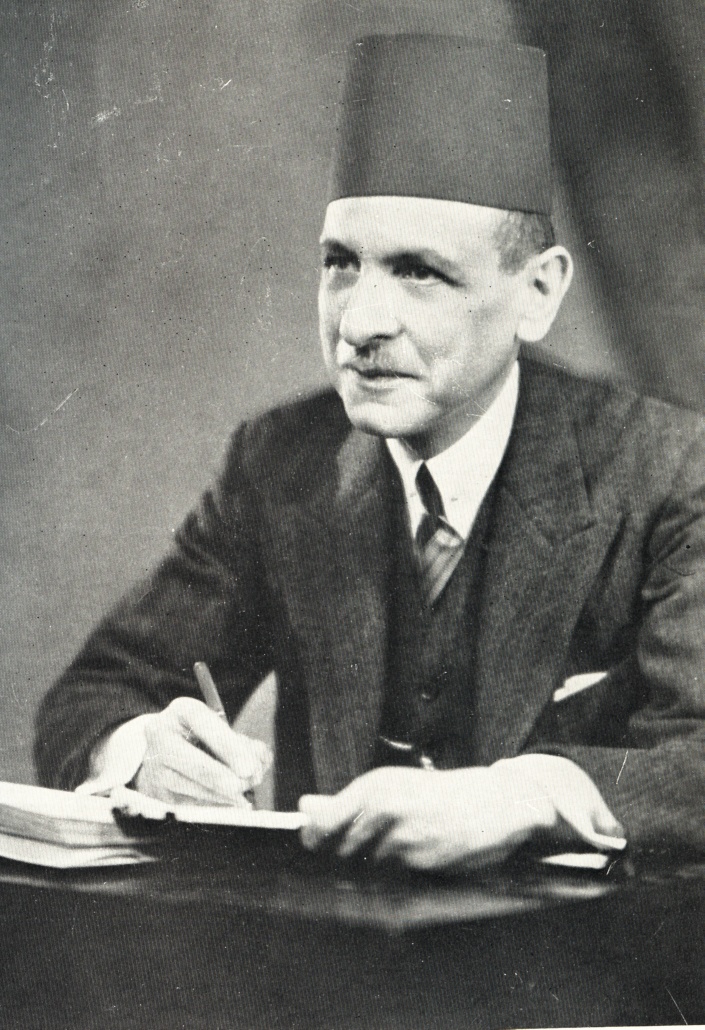Dr. Beth Baron’s ongoing research on the history of medicine in Egypt highlights a key time period in Egyptian history and also elevates an aspect of life often excluded from common historical accounts: reproductive health.
Dr. Baron is a Distinguished Professor at the City College of New York, and she also co-founded and directs the Middle East and Middle Eastern American Center at the CUNY Graduate Center.
Baron’s field specialization in modern Middle East history, with an emphasis on Egyptian history, has led to many publications on the history of women intellectuals, gender and nationalism, and, most recently, the influence of Christian missionaries on the then-nascent Muslim brotherhood, detailed in her book “The Orphan Scandal: Christian Missionaries and the rise of the Muslim Brotherhood.”
In her recent work, Baron focuses on the history of medicine in Egypt, specifically the history of reproduction in Egypt during British colonial rule. Included in this work is the history of many women, whether they be the patients, doctors, or midwives involved in the process.
“I’m very interested in sketching the birthwork in Egypt – Who assisted in birth, how women gave birth, how the field of obstetrics and gynecology developed, and so on.”
Over the last five years, Baron has been studying a number of diseases in Egypt, some of which were brought in by Britain when it first occupied the country in 1882. The focus of the work was initially narrowed to issues around reproduction, childbirth, and disease, which aligned with Dr. Baron’s experience with women and gender studies.
Baron again modified her focus to the history of venereal disease as a distinct subject. She has now taught several courses at CCNY on the history of medicine and disease in Egypt and has run a workshop on the subject through the Middle East American Center. The doctor is now writing two books based on her work, publishing her findings, and integrating the work into the courses she teaches.
Dr. Baron is fascinated by the parallels in disease treatment and control between the past and the present. The history of quarantines in Egypt (the international maritime quarantine in particular) and the history of cholera are now areas of interest.
“It’s a very interesting case of understanding issues of disease that we’re encountering now that were present then. For example, how people of different classes are treated by states, how women and men are treated differently by the state.”
She will present some of her research on cholera at the International Organizations and Body Politics within the Middle East and North Africa conference held later this year in Liebinz Germany.
The process of doing this work can be daunting. Baron was able to pursue sources from the New York Academy of Medicine, which has the entire catalog of the Journal of the Egyptian Medical Association and sought archival material from prominent figures of the time, such as Doctor Grace de Courcy and Doctor Bonte Elgood, and the Egyptian Doctor Nauib Mahfouz.

Doctor Mahfouz (1882-1974), considered the founder of gynecology and obstetrics in Egypt, was renowned for his dedication to the wishes, considerations, and importance of his patients. In a way, Dr. Baron’s research mirrors this approach: she strives to recognize not just doctors and diseases in the history of medicine, but the role of patients.
“What I’m trying to do is see the range of caregivers,” She said, “And to recognize the place of not just the doctor, but the patient in the production of knowledge.”
Dr. Baron was able to contact descendants of some of the doctors she studied, such as Dr. Mahfouz’s great-great-grandson, and received permission to use their reference materials to provide invaluable perspectives on her subjects.
“Studying history enables me, and enables students of history, to understand the world today so much better. It inspires us to make it a better world.”
Roxanne Lee is an editorial assistant on the RICC who joined the newsletter in December 2021. She loves writing about all sorts of scientific fields but favors environmental science, biology, and ecology in particular.